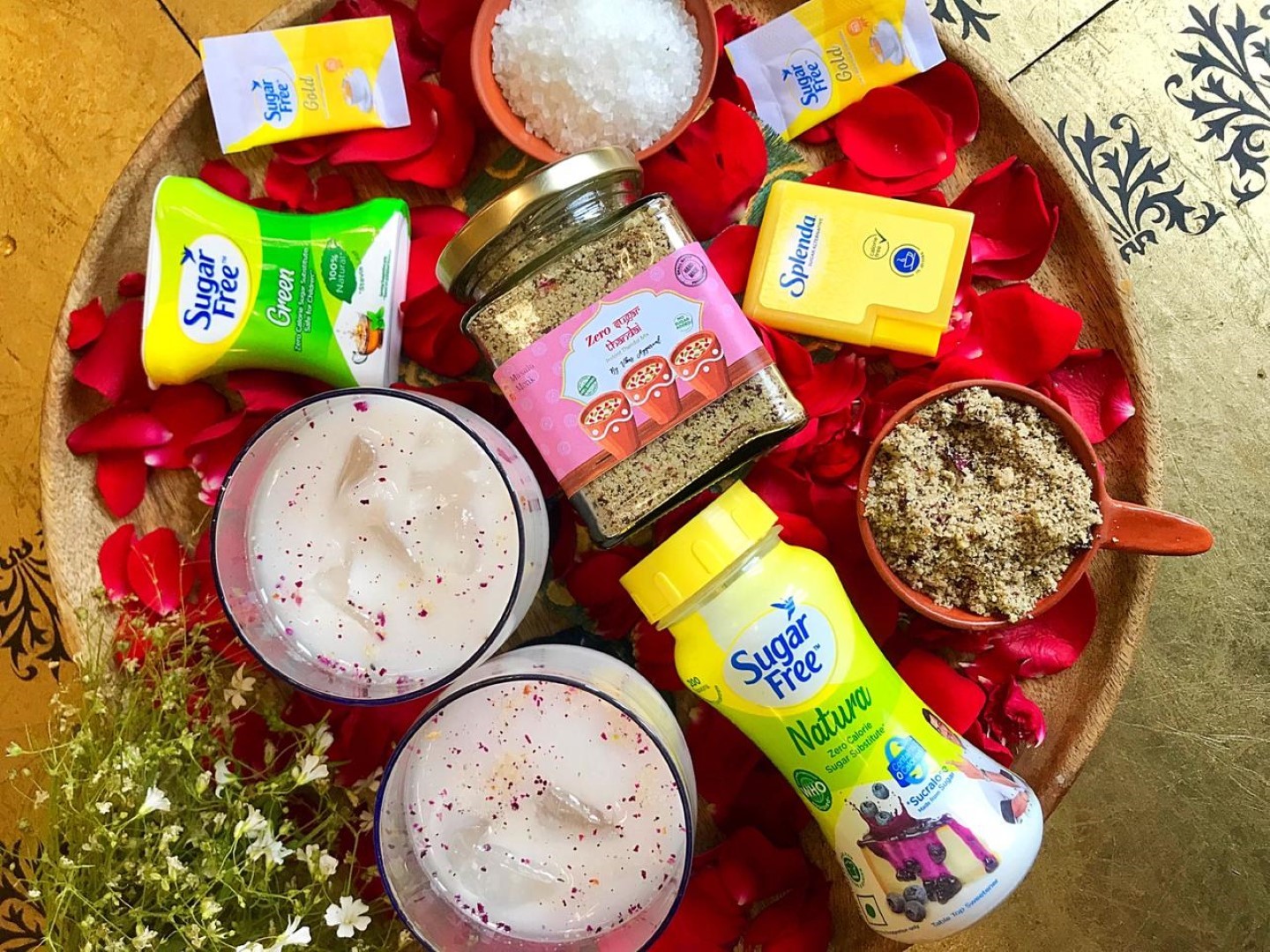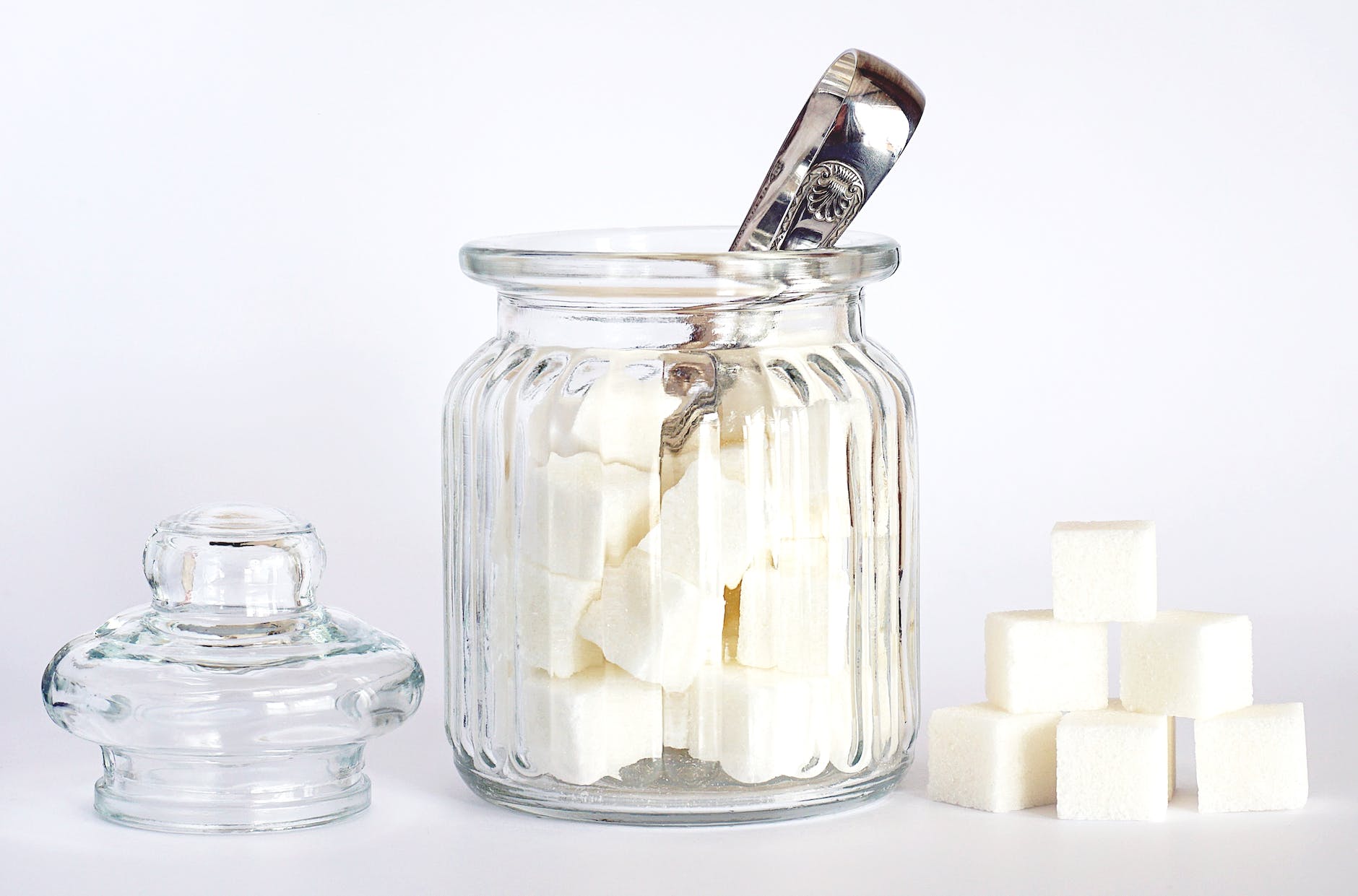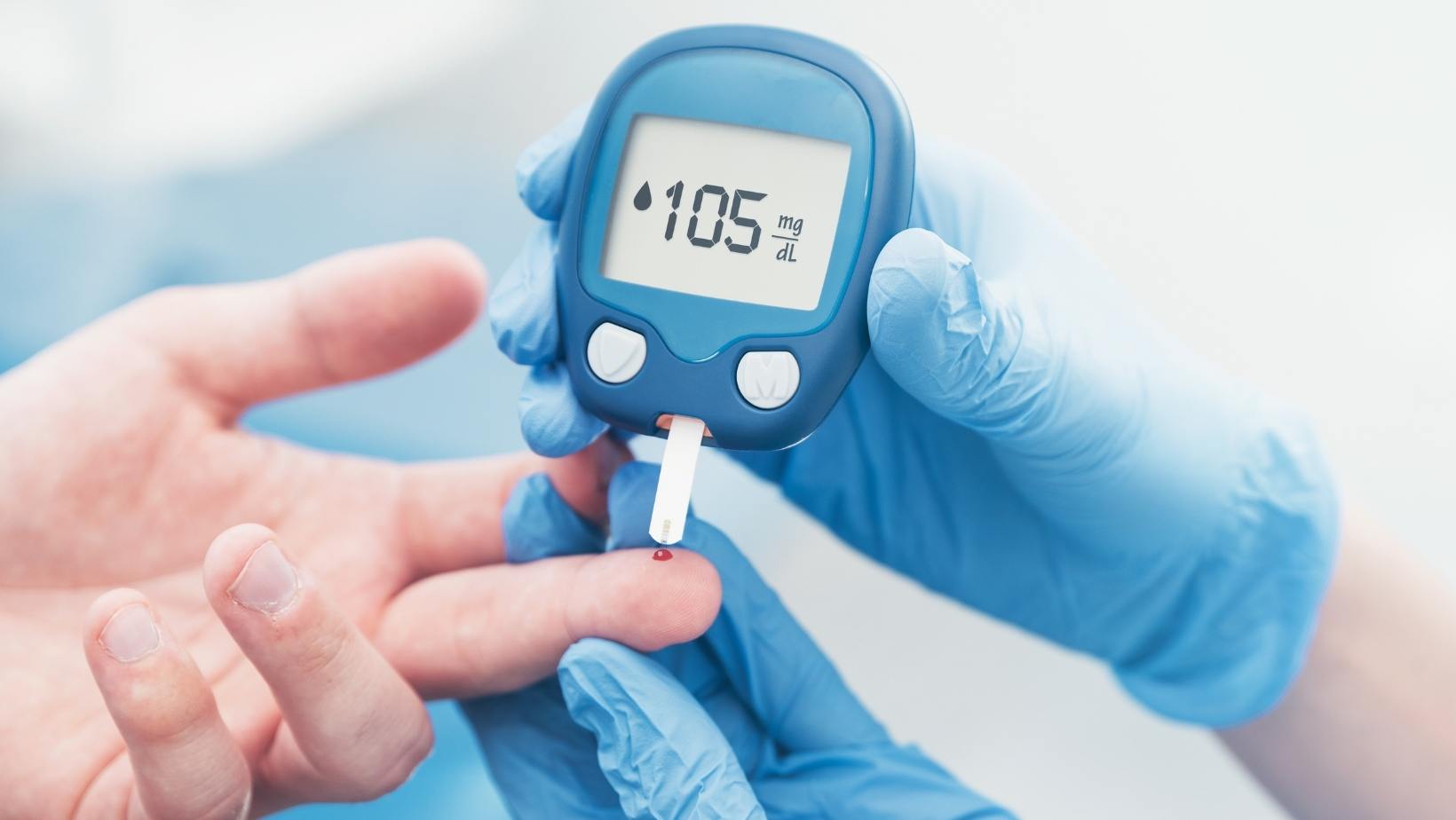
Introduction:
In the vast world of sweeteners, Aspartame stands out as one of the most popular artificial options. But how does it compare to the myriad of other sweeteners available in the market? This comprehensive guide delves into the characteristics, origins, and health implications of various sweeteners in comparison to Aspartame.
The Contenders:
1. Allulose:
A rare sugar found naturally in small quantities in certain fruits. It tastes much like regular sugar but has minimal calories and doesn’t raise blood sugar levels.
2. Stevia:
Derived from the Stevia rebaudiana plant, Stevia is a natural, calorie-free sweetener. It’s much sweeter than sugar and has a distinct aftertaste.
3. Sucralose:
An artificial sweetener made from sugar in a multi-step chemical process. It’s calorie-free and about 600 times sweeter than granulated sugar.
4. Erythritol:
A sugar alcohol found in some fruits and fermented foods. It has a taste close to sugar but with fewer calories and doesn’t spike blood sugar.
5. Monk Fruit:
A natural sweetener derived from the monk fruit or Luo Han Guo. It’s calorie-free and can be up to 200 times sweeter than sugar.
6. Granulated Sugar:
The most common form of sugar, derived from sugarcane or sugar beet. It’s 100% sucrose and is what most people think of as “table sugar.”
7. Corn Syrup:
A sweet syrup made from cornstarch. It’s less sweet than granulated sugar and is often used in baking and candy-making.
8. Maltitol:
A sugar alcohol used as a sugar substitute. It’s about 90% as sweet as sugar and has a similar taste.
9. Saccharine:
One of the oldest artificial sweeteners, saccharine is calorie-free and about 300 times sweeter than sugar.
10. Agave Syrup:
Derived from the agave plant, this syrup is sweeter than sugar and has a slightly thinner consistency.
11. Coconut Sugar:
Made from the sap of coconut palm trees, it has a caramel-like taste and is less refined than granulated sugar.
12. Palm Sugar:
Derived from the sap of various palm trees, it’s used extensively in Asian cooking and has a rich, caramel flavor.
13. Cane Sugar:
Extracted from sugarcane, it’s less processed than granulated sugar and retains some minerals.
14. High Fructose Corn Syrup (HFCS):
A liquid sweetener made from cornstarch. It’s sweeter than regular corn syrup and is commonly used in sodas and processed foods.
Aspartame: The Benchmark
Aspartame is a low-calorie artificial sweetener, about 200 times sweeter than sugar. It’s used in a variety of products, from diet sodas to sugar-free gums. While it’s FDA-approved and deemed safe for consumption, it’s not suitable for people with phenylketonuria (PKU).
Comparison:
- Taste: Most natural sweeteners, like Stevia and Monk Fruit, have distinct tastes that differ from regular sugar. Aspartame, on the other hand, has a closer taste profile to sugar but can leave a slight aftertaste.
- Health Implications: While Aspartame has been surrounded by health controversies, extensive research has deemed it safe. Natural sweeteners like Stevia and Monk Fruit are often perceived as healthier, but it’s essential to consume them in moderation.
- Caloric Content: Aspartame, being a calorie-free sweetener, offers a significant advantage over sugars like granulated or cane sugar. However, it faces competition from other zero-calorie sweeteners like Stevia.
- Cooking and Baking: Some sweeteners, like Erythritol and Corn Syrup, are favored in baking due to their moisture-retaining properties. Aspartame, however, loses its sweetness when heated, making it less ideal for cooking.
Controversies Surrounding Sweeteners
While Aspartame is often at the forefront of sweetener controversies, it’s not the only one that has faced scrutiny. Here’s a look at some of the debates and concerns surrounding various sweeteners:
1. Aspartame:
As mentioned, Aspartame has been the subject of numerous studies and debates regarding its safety. Early concerns linked it to headaches, allergies, and even cancer. However, extensive research and reviews by reputable health organizations have generally deemed it safe, with the exception of individuals with phenylketonuria (PKU).
2. High Fructose Corn Syrup (HFCS):
HFCS has been linked to obesity, diabetes, and heart disease. Critics argue that the body metabolizes it differently than other sugars, leading to increased fat storage. There’s also concern about HFCS being a major contributor to the current obesity epidemic.
3. Saccharine:
One of the oldest artificial sweeteners, saccharine faced significant backlash in the 1970s when studies linked it to bladder cancer in rats. This led to warning labels on products containing saccharine. However, subsequent research has shown that these findings may not be relevant to humans, and the FDA declared it safe for consumption in 2000.
4. Stevia:
While generally considered safe, some studies have raised concerns about Stevia’s impact on fertility and blood pressure. However, these studies often involve amounts of Stevia far exceeding typical human consumption.
5. Sucralose:
There have been debates about whether sucralose can affect the body’s insulin response or alter gut bacteria. Some studies suggest it might, but the evidence is not conclusive.
6. Agave Syrup:
While often marketed as a natural and healthy alternative to sugar, some nutritionists argue that agave syrup’s high fructose content can make it even worse than regular sugar, potentially contributing to insulin resistance and liver issues.
7. Palm Sugar and Coconut Sugar:
The controversy here is more about environmental impact than health. The production of palm sugar has been linked to deforestation and habitat destruction, particularly in Southeast Asia.
The world of sweeteners is vast and complex, with each option bringing its own set of benefits and concerns. While some controversies are based on scientific research, others arise from misconceptions or outdated information. As consumers, it’s essential to stay informed and make choices based on the most recent and reliable data. Always consult with health professionals when making significant changes to your diet.
FAQs
- What are the primary health concerns associated with Aspartame?
Aspartame has been linked to various health concerns, including headaches, allergies, and potential cancer risks. However, extensive research has generally deemed it safe for most individuals, barring those with phenylketonuria (PKU). - How does High Fructose Corn Syrup differ from regular sugar?
HFCS is a liquid sweetener made from cornstarch. While it contains fructose and glucose like regular sugar, its potential link to obesity, diabetes, and heart disease has made it a topic of concern. - Why was saccharine once labeled as a potential carcinogen?
In the 1970s, studies linked saccharine to bladder cancer in rats. This led to warning labels on products containing saccharine. However, later research indicated that these findings might not apply to humans. - Is Stevia a completely natural sweetener?
While Stevia is derived from the leaves of the Stevia plant, the commercial production process can involve refining and other chemical processes, making some of its forms less “natural.” - How does sucralose impact gut health?
Some studies suggest that sucralose might alter gut bacteria, but the evidence is not yet conclusive. Further research is needed to understand its full impact on gut health. - Why do some nutritionists caution against Agave Syrup?
Despite being marketed as a healthier alternative to sugar, agave syrup’s high fructose content can potentially contribute to insulin resistance and liver issues. - What are the environmental concerns related to Palm and Coconut Sugar?
The production of palm sugar has been associated with deforestation and habitat destruction, especially in Southeast Asia, raising environmental and ethical concerns.
Conclusion:
The choice between Aspartame and other sweeteners boils down to individual preferences, dietary needs, and specific applications. While Aspartame offers a close mimicry to sugar’s taste, natural sweeteners bring unique flavors and potential health benefits. As consumers, understanding the nuances of these sweeteners can lead to more informed dietary choices.
Blog Tags:
Aspartame, High Fructose Corn Syrup, Saccharine, Stevia, Sucralose, Agave Syrup, Palm Sugar, Coconut Sugar, Sweeteners, Artificial Sweeteners, Natural Sweeteners, Health Concerns, Nutrition, Diet, Sugar Alternatives, Environmental Impact.













